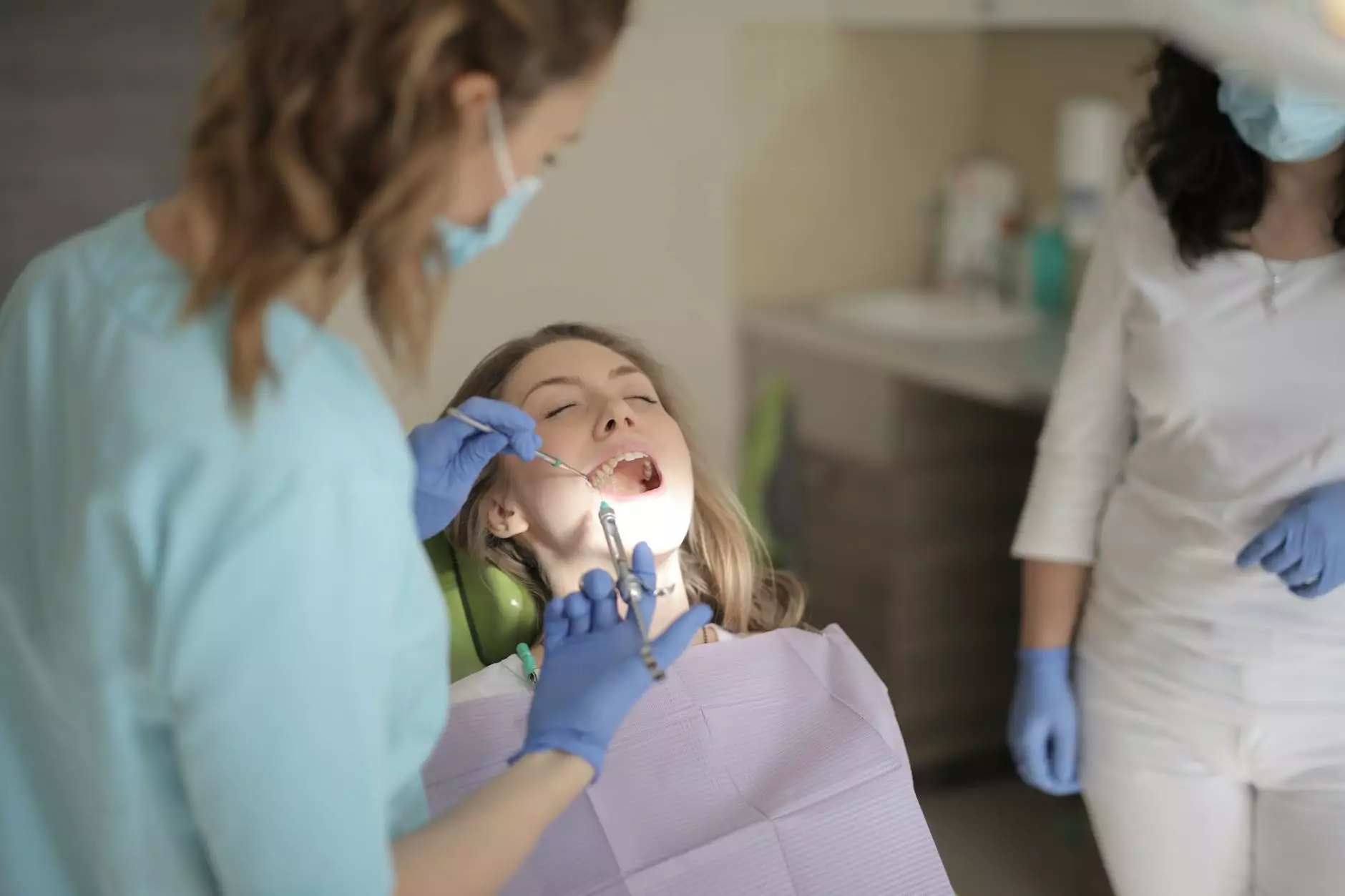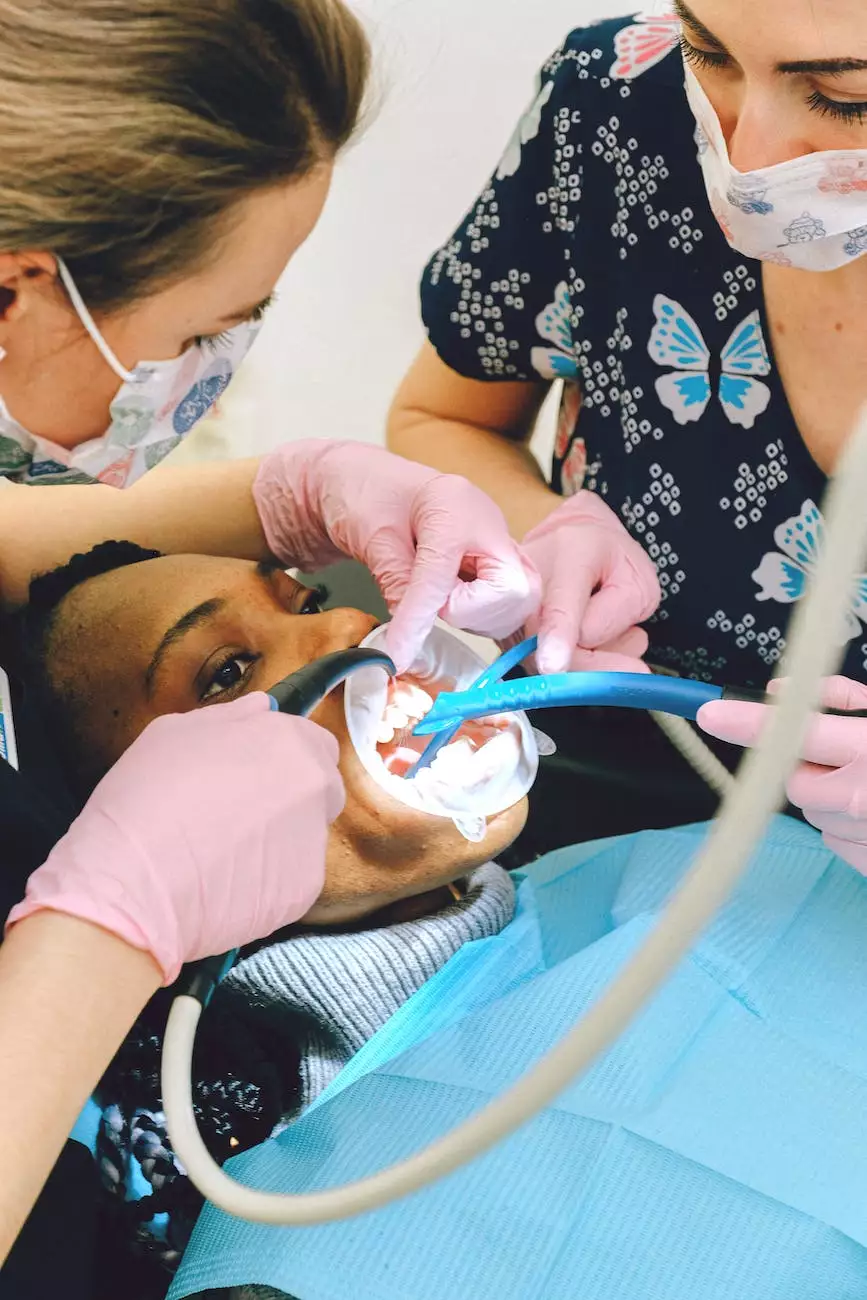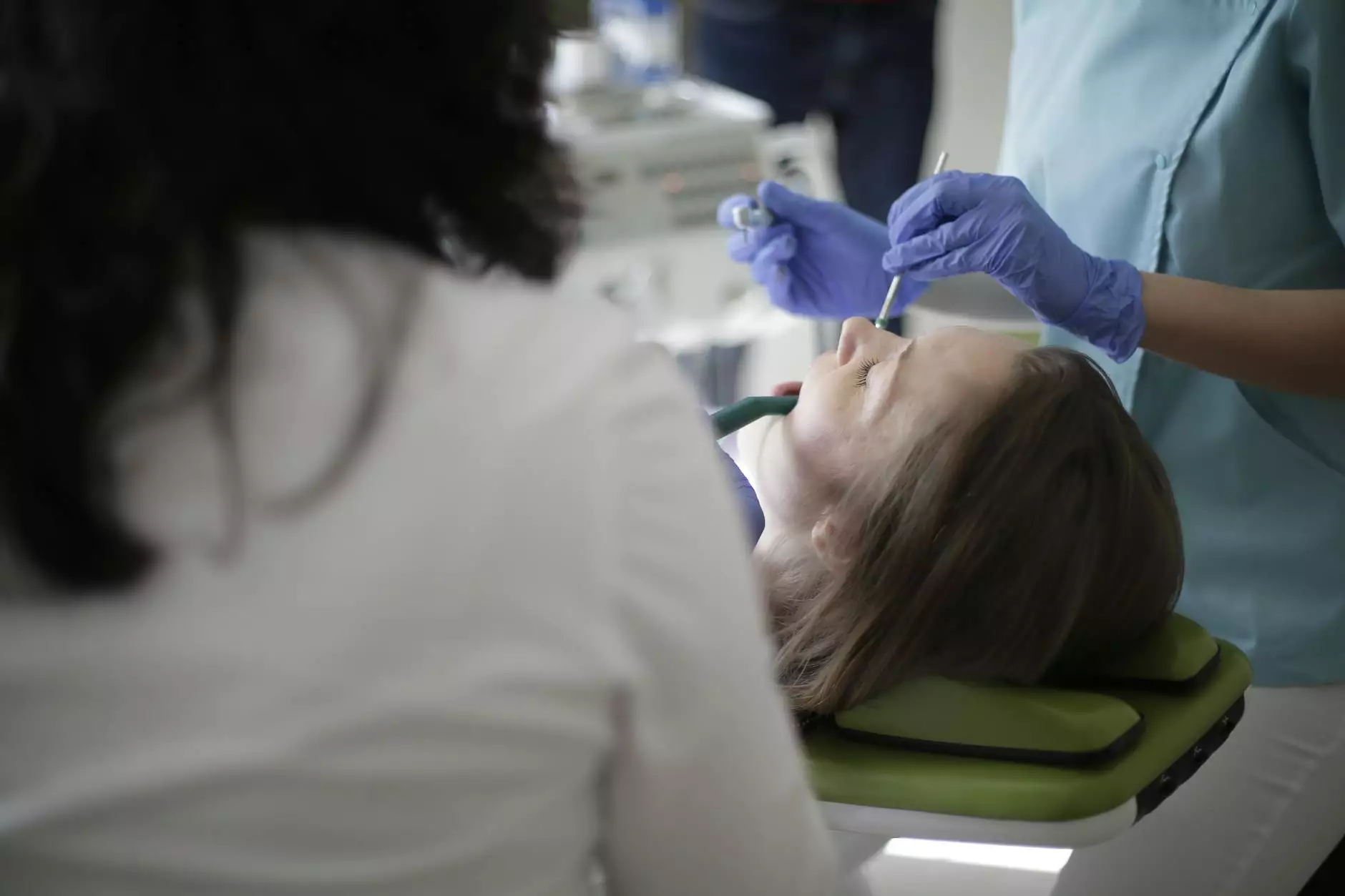Mouth Cancer in Dogs: Understanding the Risks and Treatment
Oral Surgery
Introduction
Welcome to Dental Home – your trusted source for comprehensive dental services for pets. In this article, we will discuss mouth cancer in dogs and provide valuable information on the risks, symptoms, diagnosis, and treatment options available.
Understanding Mouth Cancer in Dogs
Mouth cancer, also known as oral tumors or oral neoplasia, refers to the growth of abnormal cells in the oral cavity of dogs. It can affect the lips, tongue, gums, cheeks, and roof or floor of the mouth. Like humans, dogs can also develop different types of mouth cancer, including melanoma, squamous cell carcinoma, fibrosarcoma, and more.
Common Symptoms
Mouth cancer in dogs often exhibits various symptoms, such as:
- Unexplained bleeding or discharge from the mouth
- Persistent bad breath
- Difficulty chewing or swallowing
- Visible lumps or swelling in the oral cavity
- Pain or discomfort while eating or drinking
- Weight loss and loss of appetite
Diagnosis
If you suspect your dog might have mouth cancer, it's essential to consult a qualified veterinarian specializing in dental care. During the diagnosis, the veterinarian will perform a thorough oral examination, including X-rays, biopsies, and advanced imaging tests if necessary. Early detection plays a crucial role in the successful treatment of mouth cancer.
Treatment Options
The treatment approach for mouth cancer in dogs depends on several factors, including the type and stage of cancer, overall health of the dog, and the presence of metastasis. Common treatment options include:
1. Surgery
Surgical removal of tumors or affected tissues is often recommended for localized mouth cancer. In some cases, reconstruction may be required to improve functionality and aesthetics.
2. Radiation Therapy
Radiation therapy is commonly used in conjunction with surgery to destroy cancer cells and minimize the risk of recurrence. It can be highly effective, especially for tumors that are difficult to remove surgically or if surgery is not feasible.
3. Chemotherapy
Chemotherapy, involving the use of powerful drugs, is commonly used for systemic or metastatic mouth cancer. It can be administered orally, intravenously, or topically, depending on the specific case.
4. Palliative Care
In cases where full remission is not possible, palliative care focuses on improving the dog's quality of life by managing pain, reducing symptoms, and minimizing discomfort. This can involve the use of pain medications, dietary modifications, and supportive therapies.
Prevention and Regular Dental Care
While it's not always possible to prevent mouth cancer in dogs, especially in cases with underlying genetic factors, there are preventive measures you can take to minimize the risk:
- Schedule regular dental check-ups with a qualified veterinary dentist
- Maintain good oral hygiene by brushing your dog's teeth regularly
- Check for any abnormal changes or growths in the oral cavity during home examinations
- Provide a healthy and balanced diet
- Avoid exposing your dog to known carcinogens, such as tobacco smoke
Conclusion
Mouth cancer in dogs is a serious condition that requires prompt veterinary attention. At Dental Home, our expert team of dental professionals specializes in providing comprehensive oral care for your beloved pets. If you suspect your dog may have mouth cancer, contact our clinic today to schedule an appointment. We are committed to ensuring the health and well-being of your furry companions.
Disclaimer: The information provided in this article is for educational purposes only and should not be considered a substitute for professional veterinary advice. Always consult with a qualified veterinarian for an accurate diagnosis and appropriate treatment options.










